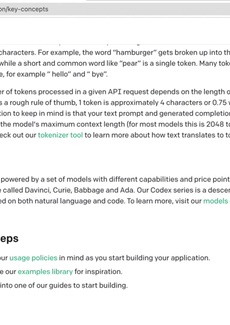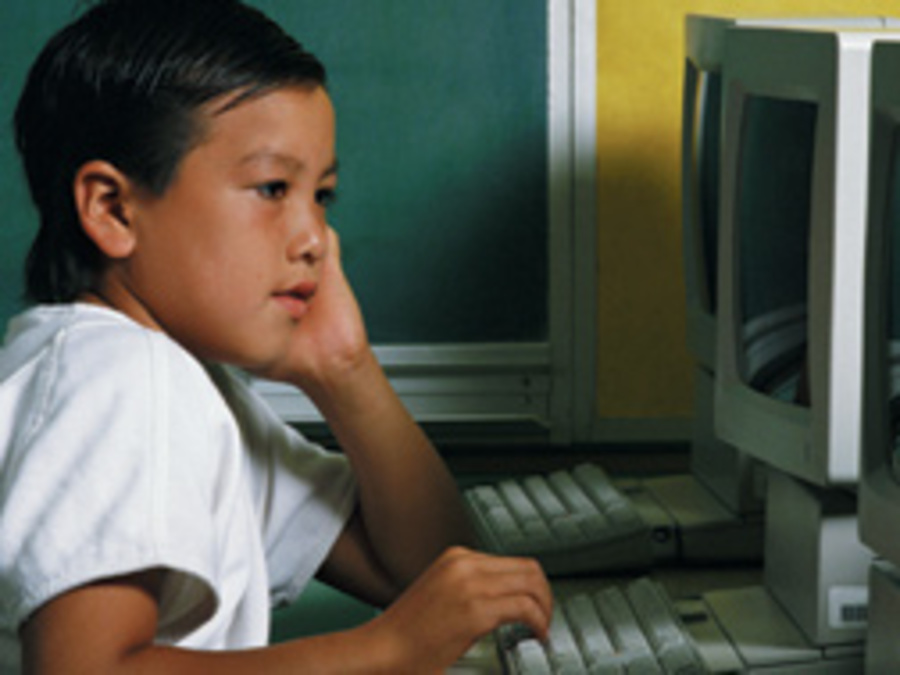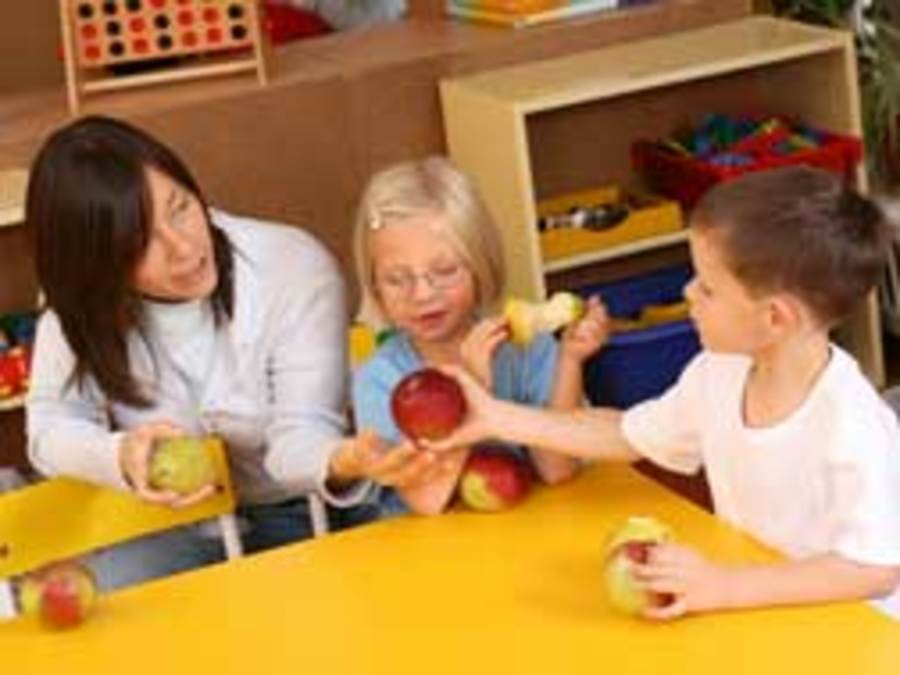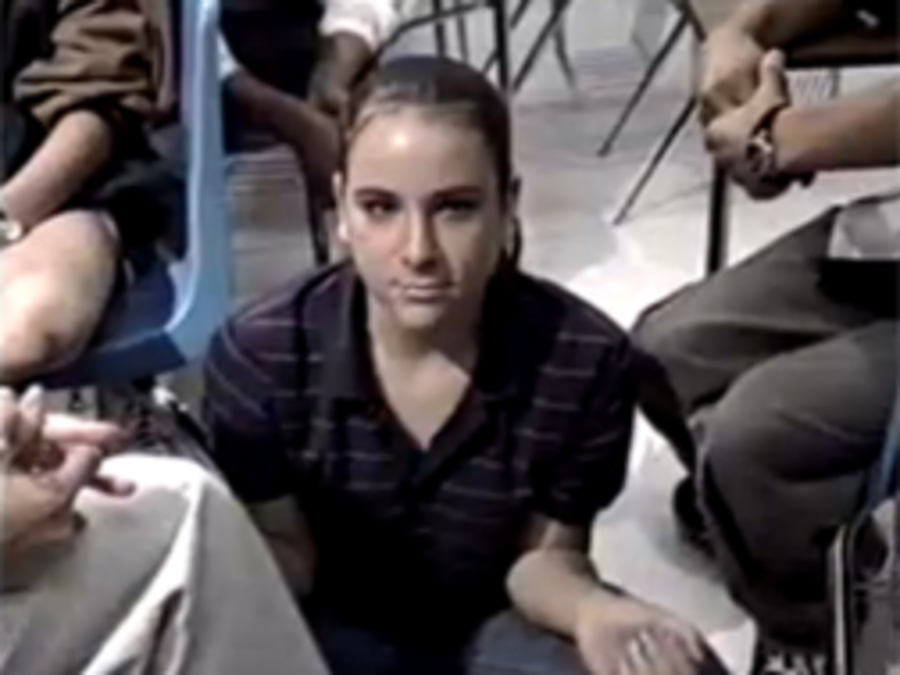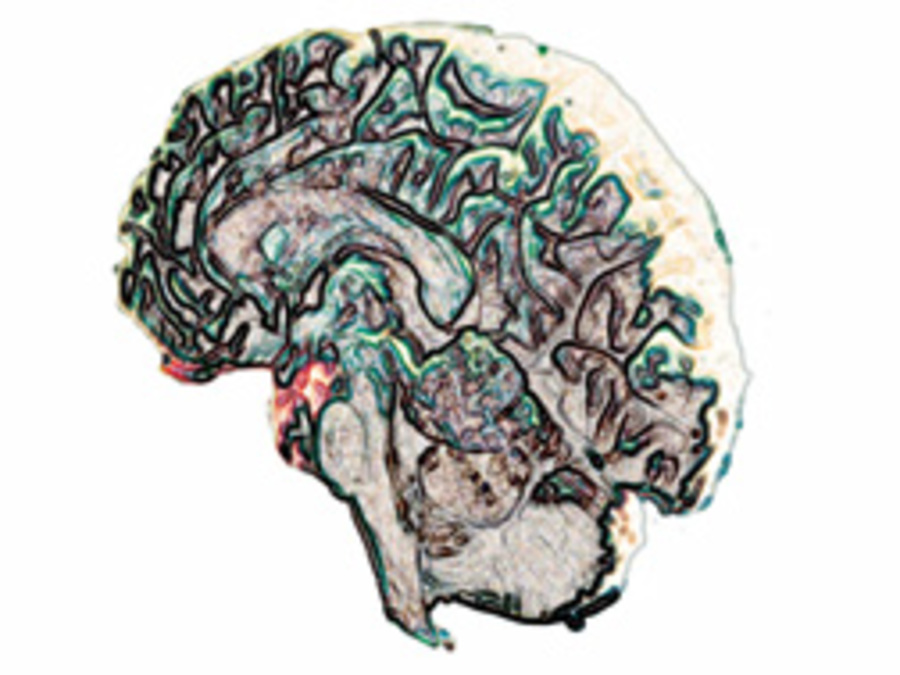 Try these videos to get started. Must be on campus or login with your COM account for off campus access.
Try these videos to get started. Must be on campus or login with your COM account for off campus access.
Want more on finding media? Try Articles & Media.
-
The Beginning Teacher (23:24)
The work of a teacher is complex, and the demands—to develop lesson plans, instruct with confidence and clarity, establish classroom routines, set boundaries for student behavior, and so much more—can be quite overwhelming. Set in Australia, The Beginning Teacher provides valuable advice and a variety of strategies to support new educators as they prepare for their first teaching appointment. Program segments include “You’re a New Teacher—Now What?”; “Your First Day, First Class, First Week”; “Becoming Involved in the Wider School Culture”; and “Survival Strategies.”
-
-
ChatGPT for Teachers in Education (54:00)
In Detail: This is an all-inclusive course specifically tailored to empower educators with the knowledge and skills necessary to effectively integrate ChatGPT into their teaching practices. This transformative course covers a wide array of topics, from navigating the ChatGPT interface to understanding its input/output limitations, safety features, and ethical considerations. Through a combination of engaging lessons, hands-on activities, and suggested applications, participants will not only learn the basics of ChatGPT but also discover innovative ways to save time, enhance problem-solving, and create dynamic learning experiences that cater to the diverse needs of their students. The course content delves into practical examples, including using ChatGPT for lesson planning, assessment feedback, and facilitating thought-provoking classroom discussions. In addition, the course emphasizes the importance of promoting ethical AI use, digital citizenship, and responsible behavior among students when interacting with AI tools. By the end of this comprehensive learning journey, educators will be well-equipped with practical strategies to harness the power of AI in their classrooms, adapt to the evolving landscape of educational technology, and inspire their students to succeed in an increasingly digital world.
-
Fostering Resilient Learners: Strategies for Creating a Trauma-Sensitive Classroom (54:00)
Based on the best-selling book Fostering Resilient Learners, this video explores the effects of childhood trauma on learning and teaching and ways that educators can manage these effects.
Fostering Resilient Learners ASCD Video:
You'll see Souers and Hall presenting to real teachers and administrators at an ASCD-sponsored conference in Salem, Oregon. Drawing on their experiences as a mental health therapist and veteran principal working with trauma-affected students and their teachers, they offer valuable insight on cultivating a trauma-sensitive learning environment.
They provide strategies for:
Understanding what trauma is and how it impedes student learning.
Building strong relationships and creating a safe classroom environment that supports high level learning.
Adopting a strengths-based approach that changes your perception of negative student behaviors and shows you what they need to break negative cycles.
Heading off frustration and burnout with essential self-care techniques that will help you and your students thrive.
In Fostering Resilient Learners, Souers and Hall present the solutions you need for dealing with the impact of trauma in classroom and allowing students to learn at high levels.
-
Higher Ed DEI (7:52)
Description
Since taking office in January, the Trump administration has targeted diversity, equity, and inclusion (DEI) efforts nationwide, including on college campuses. In Ohio, a new state law is also challenging DEI programs, leaving students and faculty on both sides of the issue bracing for change. This NewsHour program with William Brangham examines the issue.
-
Inventing Tomorrow: Education Evolved (25:00)
Kristie Lu Stout meets the innovators, teachers and students involved in the education evolution to ask - has this unprecedented period changed the way we learn for good?
-
Kids and Computers (22:25)
The high-tech revolution is led by children, many of whom possess skills that baffle their parents. From chat rooms to Web pages to kid-created Internet companies, this video explores computer-assisted learning and the value of the “virtual classroom.”
-
Philosophy for Children: Thinking Together (23:00)
In a philosophy-for-children session, a teacher uses a story, picture, news item, or piece of music to stimulate critical thinking and imagination. Children are encouraged to express themselves, to challenge what is being said, and to ask questions that intrigue them.
-
RE:Thinking (1:00:00)
What if as well as teaching students what to think, we also taught them how to think? This simple but profound idea is the foundation for RE:THINKING, the new educational documentary that inspires us to rethink schools. It gives insight to policy makers, school administrators, parents, and the public. It offers hope to those seeking more from the current educational system.
RE:THINKING is a film that shows rather than tells. It captures the voices of students, teachers, administrators, and researchers and shows what can happen when they are all on the same page. This is not a film that rests on educational platitudes, either. RE:THINKING dives deeply into the research and practice of what it looks like when students are asked to think and what it means to teach thinking skills in the classroom. Following the work of Drs. Derek and Laura Cabrera of Cornell University, RE:THINKING follows four school districts over the course of three years as they successfully meet public education requirements, while embracing a culture that emphasized thinking over memorization and valued the individual child not as an empty vessel to be filled but as an adult-in-training.
Dr. Laura Cabrera explains, "When children understand how they think, any idea is possible and any goal achievable." RE:THINKING shows us that the key to learning — as well as a just democracy — isn’t for students to be docile consumers of information but active builders of knowledge. Better thinkers in turn are more creative, more competent, and eager to solve problems and contribute to democratic society. Producer and Director, Deborah C. Hoard, explains, "There is no better place than education, to use the power of film to bring about social change."
-
Series: Constructivism
Constructivism as a theory of learning focuses on the learner’s need to make sense of new information. Dewey approached it from a philosophical standpoint, Piaget from a biological standpoint, and Vygotsky from a social perspective. Together they emphasize the importance of looking at what the learner brings to a new experience as well as what the “out-there” experience contains. Over the course of this classic five-part series, David Elkind, Elliot Turiel, Elena Bodrova, and Deborah Leong apply constructivist points of view to significant topics in education. 5-part series, 25–35 minutes each.
-
Series: The Psychology of Learning
This seven-part series comprises a comprehensive analysis of how people learn, investigating the areas of attention, cognitive development, memory, language development, classical and operant conditioning, approaches to learning, and perception. 7-part series, 40–74 minutes each.
-
Should Certain Books Ever Be Banned in School?: A Debate (49:40)
Description
In Florida, lawmakers recently passed measures enabling public schools to restrict student access to certain books and limit discussions of gender, sexuality, and race in the classroom. In Texas, school administrators blocked access to more than 800 books in 22 districts over questions about whether they are “developmentally appropriate for student use.” Pennsylvania and Tennessee have undertaken similar actions, and schools across the country are grappling with new pressures concerning what their students are reading and how they are taught. Supporters of these measures argue that schools should not expose children to sex, violence, drug use, race, or other topics they deem inappropriate. Such measures do not constitute book bans, they contend, as students can obtain these books elsewhere. Opponents argue that such measures are indeed book bans and that removing books from school libraries is akin to censorship and inherently un-American. Reading controversial books and discussing controversial topics, they contend, fosters critical thinking, encourages empathy, and provides a wider understanding of the world. Should certain books ever be banned in school?
-
Should College DEI Programs Be Abolished? Is Climate Change an Emergency?: Young Voices Debate (01:10:46)
Description
It's not often that young people have the opportunity to debate major issues in public before a distinguished set of judges. Incubate Debate, an organization founded in 2019, does just that by encouraging middle-school and high school students to present their views, exchange ideas, and conduct debates in a civil forum. At its 2024 championship tournament in Jacksonville, Florida, students debated two major issues: should college DEI programs be abolished, and is climate change an emergency? Although precise definitions vary, DEI—which stands for diversity, equity, and inclusion—generally refers to the policy of creating a professional environment that treats all people fairly and welcomes participation by all types of people, particularly those from groups that have been historically excluded or underrepresented. As part of this effort, many institutions of higher education have established DEI programs to encourage a more diverse faculty and student body. Supporters of DEI programs argue that colleges should spur hiring and admission of individuals from long-marginalized groups and that by opening their doors to people from a broad array of backgrounds they will better reflect the American population. Opponents of DEI programs argue that they treat people not as unique individuals but as members of racial, ethnic, or other groups and that colleges should hire and admit individuals based solely on their talents and aptitude. Should DEI programs be abolished? Since the dawn of industrialization in the 18th and 19th centuries, the earth's climate has been changing. The emission of carbon dioxide into the atmosphere caused by the burning of coal, oil, and other fossil fuels has warmed the planet. This warming has increased in recent decades, melting mountain glaciers, raising the temperature of oceans, and altering weather patterns. These changes are transforming the earth, but how dire is the situation? Is climate change an emergency?
-
Standardized Lies, Money & Civil Rights: How Testing is Ruining Public Education (1:06:00)
Standardized Lies, Money & Civil Rights: How Testing is Ruining Public Education exposes the standardized testing industry and how it negatively affects public education. Parents of public school children must see this film since it addresses the dangers of high-stakes tests, dispels the mythology of the achievement gap, and questions the validity of education reform.
-
Wokeness in Public Schools: Helping or Hurting Students?: A Debate (1:02:21)
Over the past decade, social justice movements in the United States have encouraged public school officials and educators to teach students about systemic racism, privilege, gender diversity, and sexual orientation—subject matter that some refer to as “woke.” While some school districts have adopted such policies, some parents, teachers, and community leaders question whether these subjects should be taught in the classroom. Supporters of teaching these subjects in school argue that they make students more socially aware and responsible citizens. Educating America’s youth about historical injustices and topics surrounding race and gender, they contend, helps create a more just and inclusive society. Opponents of teaching these subjects in school argue that they indoctrinate students into learning about certain divisive topics and ideologies their parents may oppose. Educating the nation’s young people on these “woke” issues can polarize students, they contend, and induce guilt, discomfort, and a “victim mentality.” Is wokeness in public schools helping or hurting students?
![]() Try these videos to get started. Must be on campus or login with your COM account for off campus access.
Try these videos to get started. Must be on campus or login with your COM account for off campus access.
